The Voice for Indigenous Australians is getting louder
The question that we have to answer is taking shape.
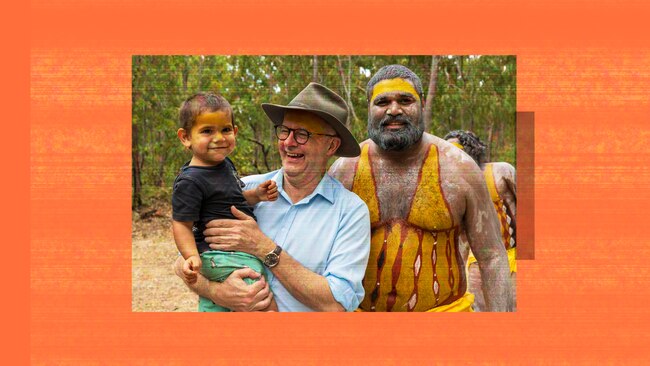
The question that we'll have to answer is taking shape.
Anthony Albanese will put a “simple” yes-or-no question to us when we vote on a referendum to create an Indigenous Voice to parliament.
The Prime Minister unveiled the plans at the Garma Festival in the Northern Territory at the weekend and for the first time outlined how our Constitution should be changed to accommodate "a voice" - which is a key part of the 2017 Uluru Statement from the Heart.
"We should consider asking our fellow Australians something as simple as: Do you support an alteration to the Constitution that establishes an Aboriginal and Torres Strait Islander voice?” Albanese said.
“A straightforward proposition. A simple principle.
“A question from the heart. We can use this question – and the provisions – as the basis for further consultation."
Albanese said the government’s “starting point” would also include three new sentences added to the Constitution.
If the referendum is successful those three sentences may be:
- "There shall be a body, to be called the Aboriginal and Torres Strait Islander voice."
- “The Aboriginal and Torres Strait Islander voice may make representations to parliament and the executive government on matters relating to Aboriginal and Torres Strait Islander peoples."
- "The parliament shall, subject to this Constitution, have power to make laws with respect to the composition, functions, powers and procedures of the Aboriginal and Torres Strait Islander voice."
“One of the things I'm trying to avoid here - there will be, as occurred at the end of the last century, when a referendum wasn't successful, people looking for all of the detail and saying well, if you disagree with these 50 clauses, if you disagree with one out of the 50 but 49 are OK, vote no,” Albanese said on Sunday.
“We're not doing that. We're learning from history. We are about maximising the opportunity there. We're appealing to the good will of the Australian people and as I said, the Australian character as I see it.
"That's why I am optimistic that Australians will embrace this simple concept that where issues affect Aboriginal and Torres Strait Islander people they consulted and out of it will come better practical results and outcomes because you will have that sense of ownership and engagement.
Albanese said the advisory body would not seek to usurp, undermine or hold up the power of parliament, but instead break the “tyranny of powerlessness” in many First Nations communities.
"It's about giving people who haven't had that sense of power over their own lives, and controlling their own destiny, a greater say, a voice. But it's also about uplifting our entire nation, not just in ourselves, but I think Australians who travel know that this is an issue in the way that Australia is seen as well. This is an opportunity for us to demonstrate our maturity as a nation, to uplift our whole nation, and I'm very hopeful that we can do so."
He has been further inspired to get his reconciliation skates on thanks to Opposition Indigenous Affairs spokesperson, and Shadow Attorney-General, Julian Leeser travelling with him to Garma.
During his historic speech at the festival in northeast Arnhem Land on Saturday, Albanese welcomed Leeser and motioned for the crowd to give him applause.
Debate continues over whether the final design of the body should be unveiled before the referendum.
How all the decision makers responded
Indigenous Australians Minsiter Linda Burney
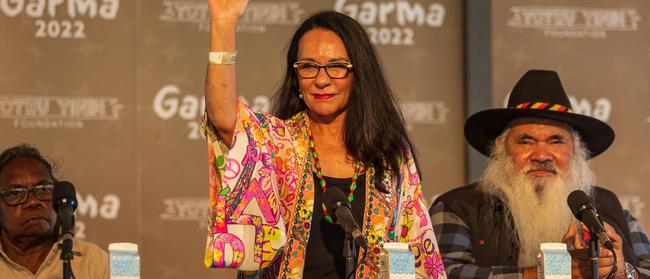
"It's not about apportioning guilt, it's not about blame. It's about what we all can share in the whole story of this country.
"I think that we do. And one of the things that we're thinking about at the moment is what form that would take, but I see this as, you know, a thousand flowers blooming really. There are so many good examples.
"I am just so thrilled with the Prime Minister's words... They have gone right across this country, perhaps across the world. And the Prime Minister was very clear that we will embrace and implement the Uluru Statement in full, we will not be rushed, we will do it in consultation. We will build consensus. And part of that is truth telling," Burney said on Sunday.
Shadow Attorney-General Julian Leeser
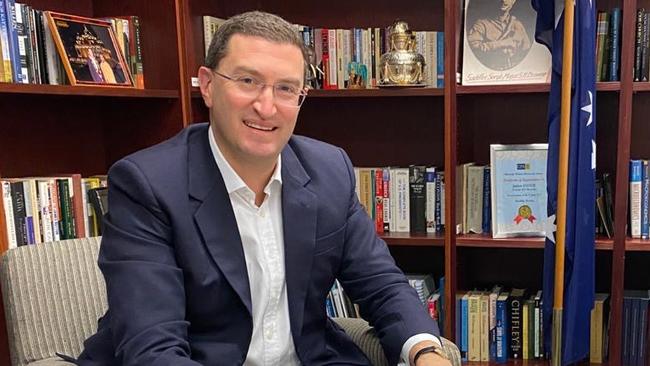
Leeser, who is also the Opposition Indigenous Affairs Minister, wants the government to release more details to ensure Australians have certainty on what they are voting for.
An advocate of the Voice, he said fake news could circulate without more information that could stymie the process.
“It’s important that the government answers people’s reasonable questions about the Voice,” Leeser said.
“We as a Coalition have an open mind about the issue of the voice that the government is putting forward, and we are awaiting the details.”
“This is a step today on that road, but we still want to know how the voice itself is going to operate.”
“The next step has to be to explain to Australians how the Voice will work, who will serve on it, how they will be chosen, what will it do and how it will address the issues that concern Indigenous Australians.”
Nationals Leader David Littleproud
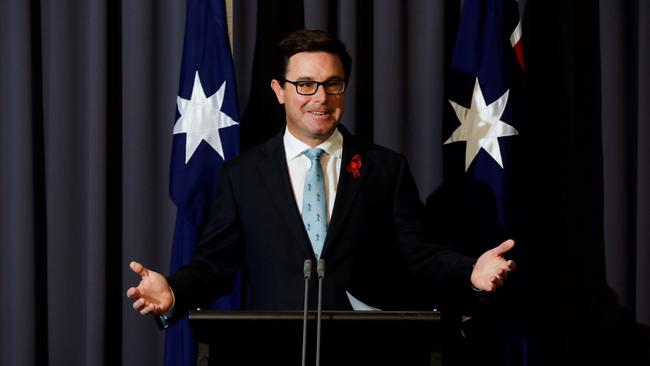
Littleproud said he respected the intent of the new government's promise to hold a referendum on the Voice, but remained skeptical on whether it would help to address outcomes including education and domestic violence.
He also argued Albanese and his team needed to appreciate many Australians were “starting from scratch” on the issue.
“While we respect the intent of this, this issue has been littered with good intentions for many decades," Littleproud said on Sunday.
"We haven't necessarily got the outcomes.
"Now is time for the government to tell us the details of what they're picking out of the report. How it will operate? Who will be on it? How will that go not to just build trust across Australia but also with Indigenous communities?
"That would be a lost opportunity if we don't put the details in front of the Australian people so we're held to account."
Greens Leader Adam Bandt
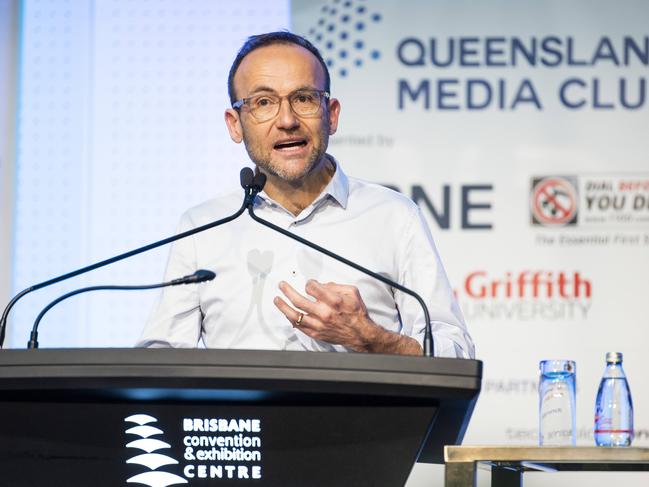
Bandt would like to see progress on all elements of the Uluru Statement from the Heart. On Sunday he confirmed he and his team will push the government to install a truth-telling commission and a national treaty with Indigenous Australians.
Bandt said the Greens balance-of-power in the Senate meant the party had a mandate to push the government "to do better", arguing it was going to be a parliament where everyone "gives a bit".
"There's a number of initiatives that we'd like to put on the table in the discussions with the government, including implementation of a number of the recommendations of the Royal Commissions. In deaths in custody, for example, as well as progress towards a treaty. But looking at it, it is a good start that especially so early in the government's term they put on the table where they intend to go and we welcome that and we look forward to having discussions with the government about it."
Read more voices who have spoken up, on, out and about The Voice so far.



